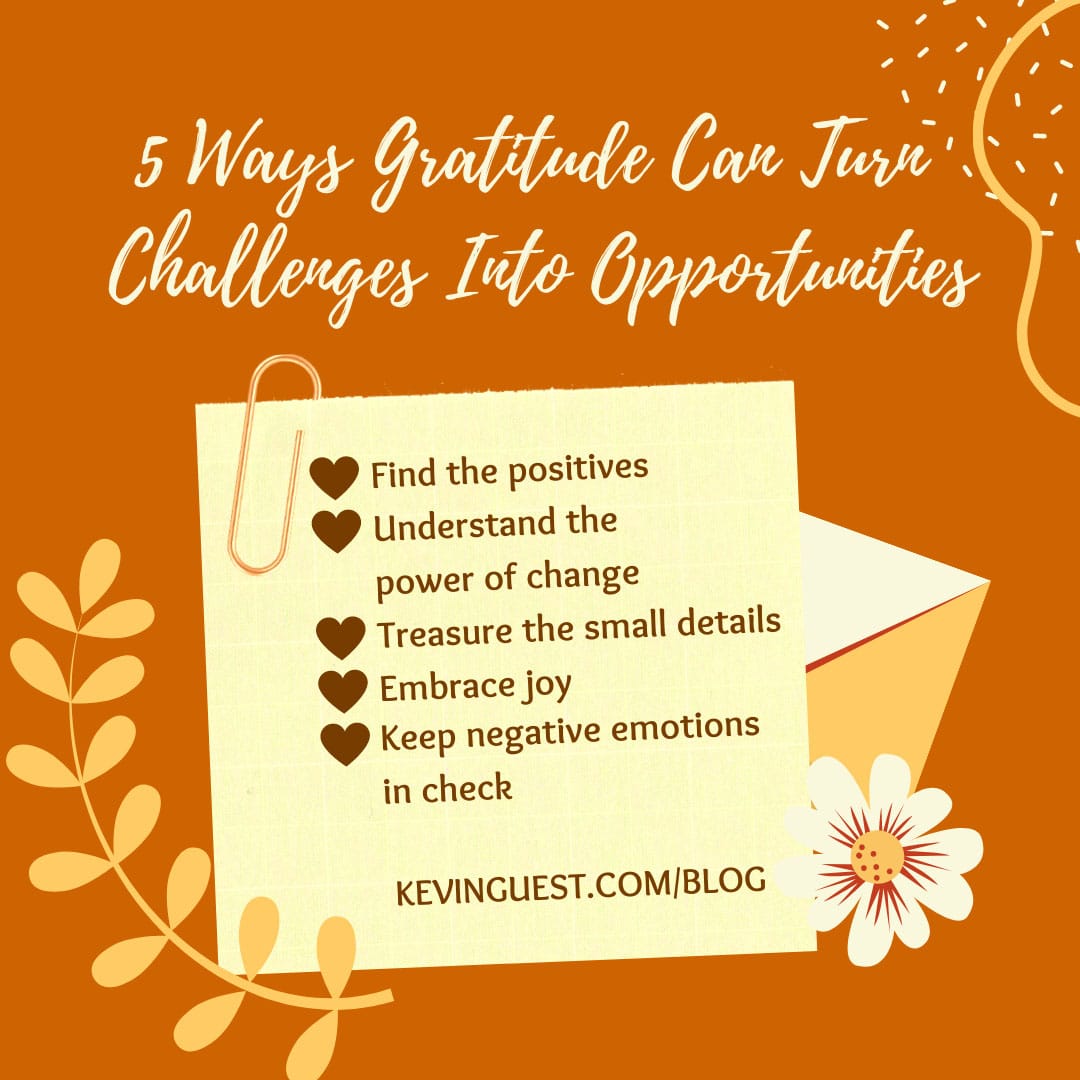
Understanding Gratitude in Relationships
Definition of Gratitude
Gratitude can be defined as the warm feeling of thankfulness and appreciation towards someone who has done something kind or helpful. It manifests not only through words but also through actions that reinforce the bond between individuals. Think of a simple “thank you” for a morning coffee or a more profound acknowledgment after a partner’s support during tough times.
Importance of Gratitude in Relationships
Gratitude plays a crucial role in fostering healthy relationships. Here’s why it matters:
- Enhances Connection: Expressing gratitude can deepen emotional ties, making partners feel valued.
- Encourages Positivity: It promotes a positive atmosphere, which is essential for long-term relationship satisfaction.
- Builds Resilience: When couples express gratitude, they create a buffer against conflicts and stressors.
By incorporating little acts of gratitude into daily life, relationships can thrive, leading to a richer, more fulfilling partnership.

Impact of Gratitude on Relationship Dynamics
Strengthening Emotional Bonds
Gratitude significantly serves to strengthen emotional bonds within relationships. When individuals acknowledge and appreciate each other’s efforts, it cultivates a sense of belonging and togetherness. For example, saying “I appreciate you taking care of dinner last night” can evoke warmth and connection.
Building Trust and Connection
Moreover, consistent expressions of gratitude build trust. For instance, when partners recognize each other’s actions, it reassures them that their contributions matter. This fosters a deeper connection, making it easier to navigate challenges together.
Resolving Conflicts Effectively
Lastly, gratitude can aid in resolving conflicts. Rather than focusing solely on grievances, couples who express appreciation for each other can transform disagreements into constructive conversations.
- Shift Focus: Redirect attention from the problem to what is valued.
- Create Understanding: Gratitude promotes empathy, allowing partners to see each other’s perspectives.
Incorporating gratitude into relationship dynamics leads to a more resilient and harmonious partnership.
Cultivating Gratitude in Relationships
Expressing Appreciation
To cultivate gratitude in relationships, one of the easiest methods is through expressing appreciation regularly. Small acknowledgments, like saying “thank you” after a partner does errands or shares their day, can make a significant impact on how valued they feel.
Practicing Thoughtfulness
Moreover, practicing thoughtfulness enhances your connection. For instance, remembering significant dates or surprising your partner with their favorite snack shows that you care.
- Write notes of appreciation.
- Plan a spontaneous date night.
Fostering a Positive Environment
Lastly, fostering a positive environment is crucial. Encourage open conversations where both partners can share what they appreciate about each other. This creates a foundation for enduring gratitude and reinforces emotional bonds.
By consistently integrating these practices, couples can create a nurturing and appreciative atmosphere that strengthens their relationship over time.

Overcoming Challenges Through Gratitude
Managing Expectations
Gratitude is a powerful tool for managing expectations within relationships. By expressing appreciation for the effort your partner puts in, it can create a realistic understanding of what to expect. This way, instead of assuming things will always go perfectly, couples can appreciate the journey together.
Dealing with Miscommunications
Additionally, gratitude aids in addressing miscommunications. A simple phrase like “I appreciate your perspective” can soften tensions and pave the way for clearer discussions.
Enhancing Empathy and Understanding
Lastly, gratitude enhances empathy and understanding. When individuals focus on what they value about each other, it becomes easier to see things from their partner’s viewpoint, promoting a more harmonious relationship.
- Reflect on positive moments together, especially during tough times.
This mindset allows couples to navigate challenges with compassion and resilience.

Research Insights on Gratitude and Relationships
Scientific Studies and Findings
Numerous scientific studies have revealed the profound effects of gratitude on relationships. Research shows that couples who regularly express gratitude report higher levels of satisfaction and commitment. In fact, a study by Emmons and McCullough found that individuals who kept gratitude journals experienced more positive emotions and increased relationship quality.
Psychological Aspects of Gratitude
The psychological aspects of gratitude further illuminate its significance. It fosters positive emotions and reduces feelings of resentment. When individuals consciously acknowledge their partner’s efforts, they create a cycle of positivity that can transform the relationship dynamic.
- Increased self-esteem.
- Lowered depression levels.
By understanding these insights, couples can actively cultivate an atmosphere of gratitude, leading to healthier and more fulfilling relationships.

Promoting Long-Term Relationship Health with Gratitude
Sustaining Love and Affection
To promote long-term relationship health, gratitude plays a vital role in sustaining love and affection over time. Regularly acknowledging each other’s efforts—like thanking your partner for their support during stressful times—reinforces the bond and keeps the love alive.
Nurturing Mutual Respect
Moreover, gratitude nurtures a mutual respect that can withstand challenges. When partners express appreciation, they validate each other’s worth, which cultivates a positive dynamic.
Embracing Gratitude as a Lifestyle Choice
Finally, embracing gratitude as a lifestyle choice transforms the relationship’s foundation.
- Implement daily gratitude practices together.
- Share highlights of your day that you appreciated.
Making gratitude a priority can lead to lasting happiness and fulfillment in relationships, creating a strong and resilient partnership.
